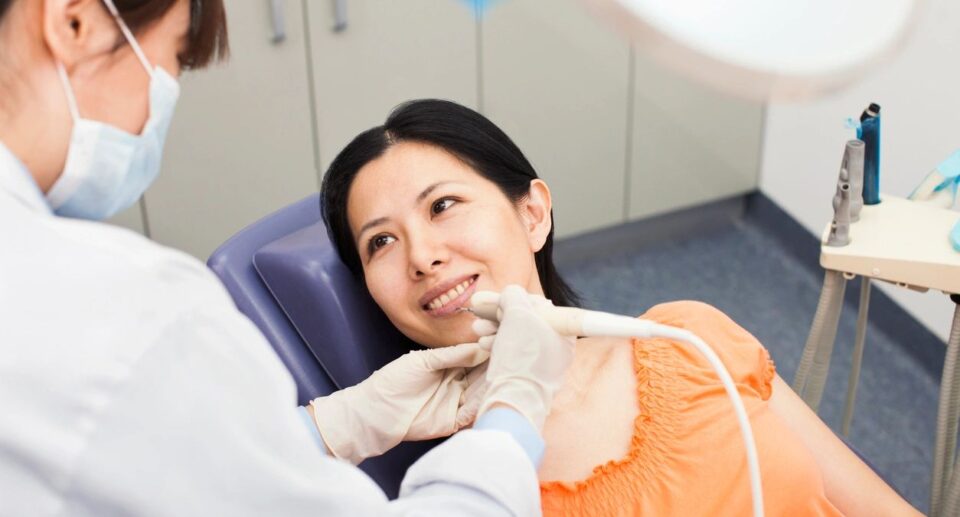The Vital Importance of Dental Hygiene for Senior Citizens

As we age, our bodies require more care and attention to maintain health and vitality. While many of us focus on eating well and staying active, it’s easy to overlook one critical aspect of our well-being: dental hygiene. Maintaining good oral health is essential at any age, but for senior citizens, it becomes even more crucial. Here’s why dental hygiene should be a top priority in your daily routine.
Oral Health and Overall Health: The Connection
You might be surprised to learn that your oral health is directly linked to your overall health. Poor dental hygiene can lead to various health issues beyond just cavities and gum disease. For instance, bacteria from an infected tooth or gum disease can enter your bloodstream, increasing the risk of heart disease, stroke, and other serious conditions.
Research has shown that oral health problems, particularly gum disease, are associated with several chronic conditions common in older adults, such as diabetes, respiratory issues, and even dementia. By taking care of your teeth and gums, you’re not just protecting your smile; you’re also safeguarding your overall health.
Preventing Gum Disease
Gum disease, or periodontal disease, is a common problem among seniors. It begins with plaque—a sticky film of bacteria that forms on your teeth. If plaque isn’t removed through regular brushing and flossing, it can harden into tartar, which can lead to inflammation and infection of the gums.
Early signs of gum disease include red, swollen, or bleeding gums. If left untreated, it can progress to a more severe form, leading to tooth loss and bone deterioration. The good news is that gum disease is preventable with proper dental hygiene practices, such as brushing twice a day, flossing daily, and visiting your dentist regularly for cleanings and check-ups.
The Impact of Tooth Loss
Tooth loss is another concern for many seniors. While it’s common to lose teeth as we age, it’s not something you should accept as inevitable. Missing teeth can affect your ability to eat a balanced diet, as chewing certain foods becomes difficult. It can also impact your speech and confidence.
Maintaining good oral hygiene can help prevent tooth loss by keeping your teeth and gums healthy. If you do lose teeth, it’s important to replace them with dentures, bridges, or implants to restore function and appearance. This not only improves your quality of life but also helps maintain the structure of your jawbone and facial features.
Dry Mouth: A Common Issue
Dry mouth, or xerostomia, is a common issue among seniors and can be caused by medications, certain medical conditions, or simply aging. A lack of saliva can lead to difficulties in chewing, swallowing, and even speaking. More importantly, saliva plays a crucial role in keeping your mouth clean by washing away food particles and neutralizing acids produced by bacteria.
If you’re experiencing dry mouth, it’s important to address it to prevent cavities and gum disease. Staying hydrated, using saliva substitutes, and avoiding tobacco and alcohol can help manage this condition. Your dentist can also recommend treatments to alleviate dry mouth symptoms.
Tips for Maintaining Good Dental Hygiene
Here are some practical tips to help you maintain good oral health as you age:
- Brush regularly: Use a soft-bristled toothbrush and fluoride toothpaste to brush your teeth at least twice a day. Be gentle to avoid damaging your gums.
- Floss daily: Flossing removes food particles and plaque from between your teeth where your toothbrush can’t reach. If you have difficulty using regular floss, consider using floss picks or interdental brushes.
- Stay hydrated: Drink plenty of water throughout the day to keep your mouth moist and help wash away food particles.
- Visit your dentist regularly: Regular dental check-ups and cleanings are essential to catch any issues early and keep your mouth healthy.
- Eat a balanced diet: A diet rich in fruits, vegetables, and calcium can help keep your teeth strong and healthy. Limit sugary foods and drinks, which can contribute to tooth decay.
- Avoid tobacco: Smoking and using tobacco products increase the risk of gum disease, tooth loss, and oral cancer. If you smoke, consider quitting to protect your oral health.
Conclusion
Dental hygiene is a vital aspect of health that should never be overlooked, especially as we age. By taking care of your teeth and gums, you’re investing in your overall health and quality of life. Remember, a healthy smile is more than just an aesthetic asset—it’s a key component of your well-being. So, make dental care a priority in your daily routine, and enjoy the benefits of a healthy mouth for years to come!






